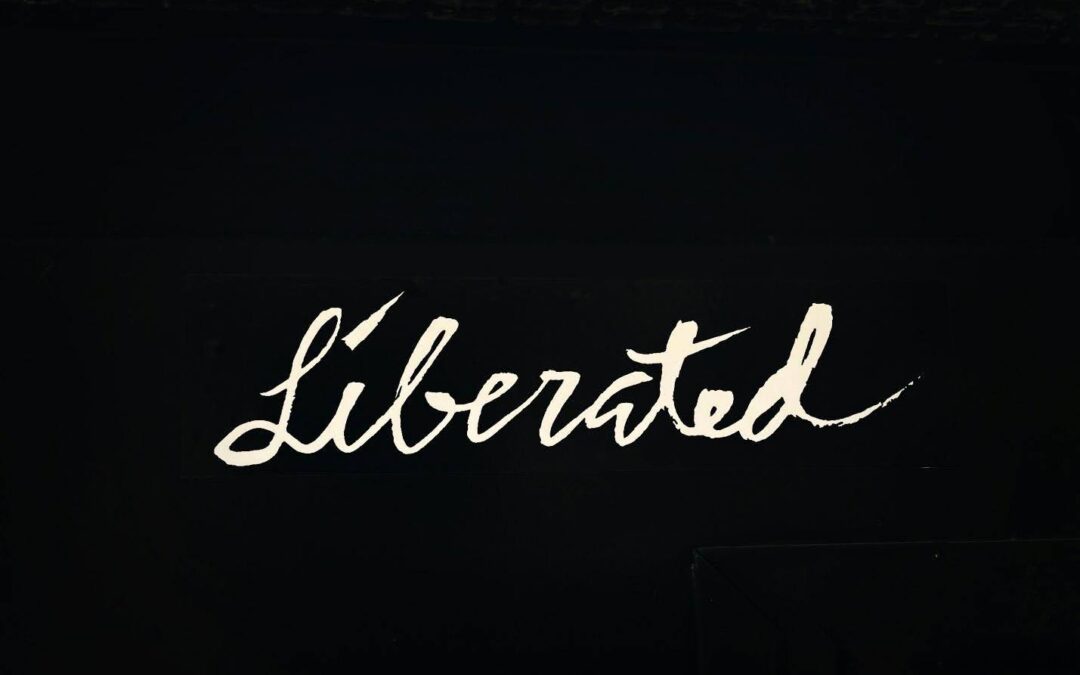We continue our exploration of the connection between individual and collective faith and our politics. I’ll present some recent examples as a way to get beyond the sound bites on our “culture wars.”

Tom Adams
See our Resource Pages for additional information on each topic.

We continue our exploration of the connection between individual and collective faith and our politics. I’ll present some recent examples as a way to get beyond the sound bites on our “culture wars.”

It’s hard for me not to wonder about freedom and what it means this July. All the chaos and drama in our national discourse lead me to reflect on my personal freedom, and how that connects to my freedoms in the broader community. Today’s post will explore the connection between individual freedom and choices, and community freedom and choices.

Editor’s Note: I hope you enjoyed your celebration of the Fourth of July week! As mentioned last week, in thinking about my many freedoms, I realized I was free to take a couple weeks off from writing this blog! Critical Conversations will resume next Tuesday, July...
Editor’s Note: Happy Fourth of July week! In thinking about my many freedoms, I realized I was free to take a couple weeks off from writing this blog! My co-author Joy Jones and I are doing final edits on our book about Bill and Lois Wilson and their impact on the world of addiction and recovery. As noted in last week’s post Summer’s Gifts…

Today’s post is a break for me and you from pondering life’s bigger challenges – structural racism, the 2024 elections, and the many other challenges we face daily. Summer has always been and continues to be a time to take a break and appreciate. Here are some reflections on recent summer observations.

Today we continue to explore the question of, “What the November 2024 election will mean to our country’s future?” What will this election mean for our nation’s progress in becoming a multi-racial/multi-ethnic democratic nation? If this season brings progress in respecting each other and working together, we can make progress on our many other issues.

Editor’s Note: This week’s post is by guest contributor Mark Docken and continues the question of how do we all work for more racial justice without shutting down communication through “us” and “them” approaches and “discussions”. Mark is a native of the Midwest, a retired pastor and friend and brings a fresh perspective to the discussions.

Our little delegation has returned from Ukraine.
Four of us went to that war-torn country, at our own expense, to bear witness to the suffering of the Ukrainian people and to listen to their voices regarding the war. Our focus was on the trauma of war and the mental health of the people, two years after the full-scale invasion by Russia. We also wanted to meet people working with the Ukrainian military, to see how they are holding up and what they need.

This post is about the persistent push in America for white supremacy and how people of faith respond to this cycle at any time, especially during a national election. This has been among the hardest posts I have written. The subject is complex, full of emotion and divided views and there are no obvious answers. So I am asking the readers of Critical Conversations and any friends or colleagues you think might add to this discussion to help shape an important conversation about what’s at stake in our upcoming national election and how we individually and collectively respond.

On May 25, it will be four years since George Floyd was murdered by Minneapolis policemen. He was not the first Black person to be killed for no reason, and sadly he will likely not be the last. The vivid scene of the police with their knee on his neck choking him to death while he called to his mom was burnt into our minds and hearts.